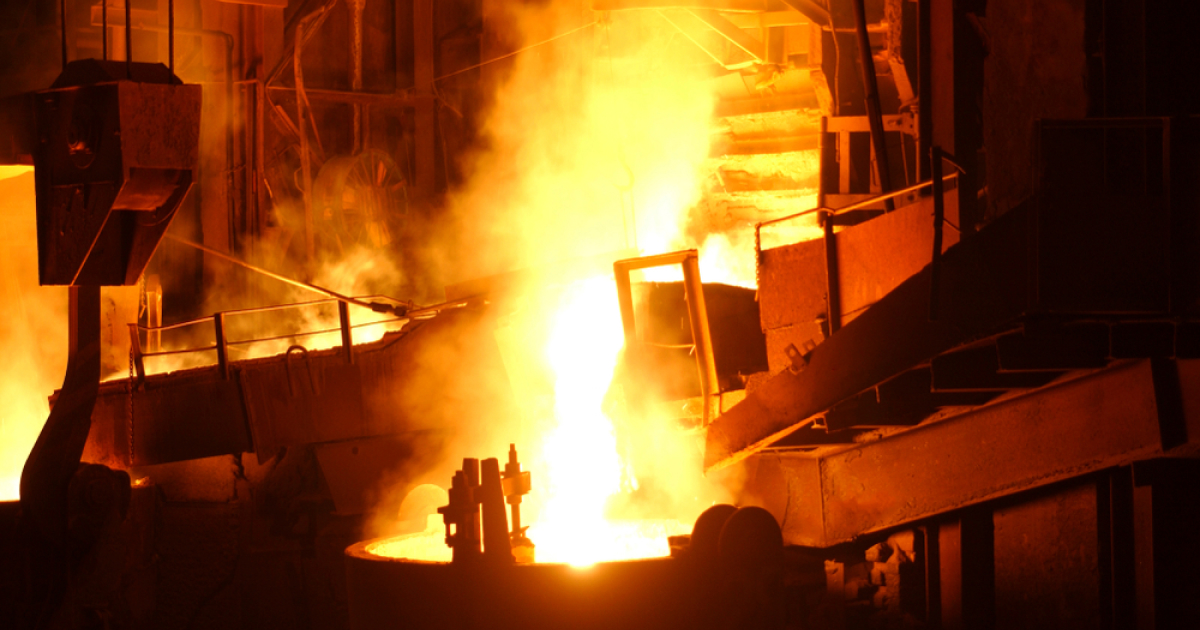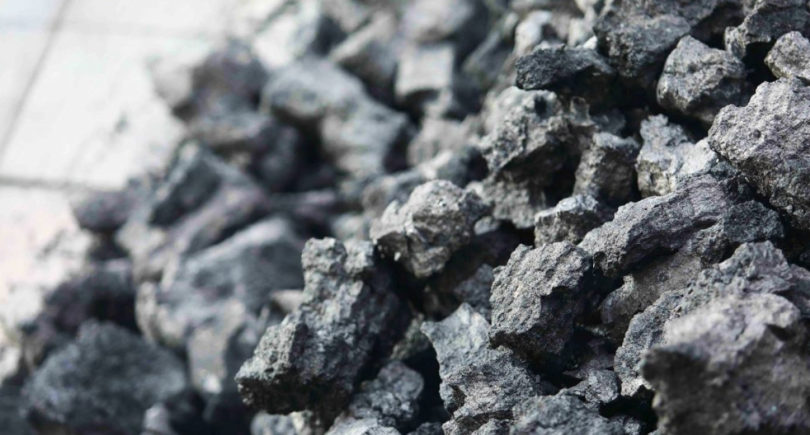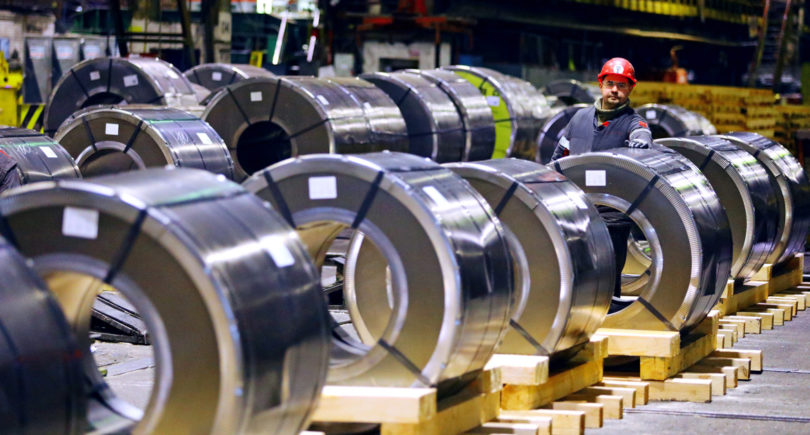
News Industry decarbonization 2597 21 June 2024
The commitment to reduce emissions in the current conditions is still called unsustainable by the industry
Spanish steelmakers called on the government to support the industry. In particular, they note that the commitment of the local steel sector to reduce emissions is not viable in the current environment. These issues were discussed at a meeting of the industry association, the Union of Steel Companies (Unesid), according to the organization’s press release.
Unesid noted that steel production in Spain continues to fall. In 2023, it decreased by 1.2% year-on-year – to 11.4 million tons. Demand for steel increased slightly last year, by 1.2% – to 12.6 million tons. Exports decreased by 5.8% year-on-year – to 7.6 million tons, while imports decreased by 3.3% y/y – to 10.1 million tons.
According to Unesid President Bernardo Velasquez, the trend in 2024 will be almost similar, depending on the expected rate cuts and regulatory changes to support investment and economic growth.
According to the association, the commitment of the Spanish steel sector to reduce emissions requires more support from the government, as it is not yet viable in the current environment. In particular, Velázquez mentioned the national recovery and sustainability plan for industrial decarbonization, Perte, and expressed concern about the slow pace of its development.
The association has long drawn the authorities’ attention to the high energy costs of steel production in Spain, which are almost twice as high as in other EU countries such as France or Germany. Unesid is calling on the government to compensate for the additional energy costs arising from emissions trading with 25% of the proceeds from emissions auctions, as provided for by European law.
Another important topic was the European Cross-Border Carbon Adjustment Mechanism (CBAM). According to Unesid, the difficulties with its implementation are caused by the EU’s attempts to make the mechanism compatible with the requirements of the World Trade Organization, whose rules, according to the association, are not being followed by the other two major players, the United States and China.
As Unesid noted previously, the Spanish steel industry is facing constant problems due to high electricity prices. In addition, high CO2 emission costs and slowing European steel demand continue to hamper the country’s steel sector.




